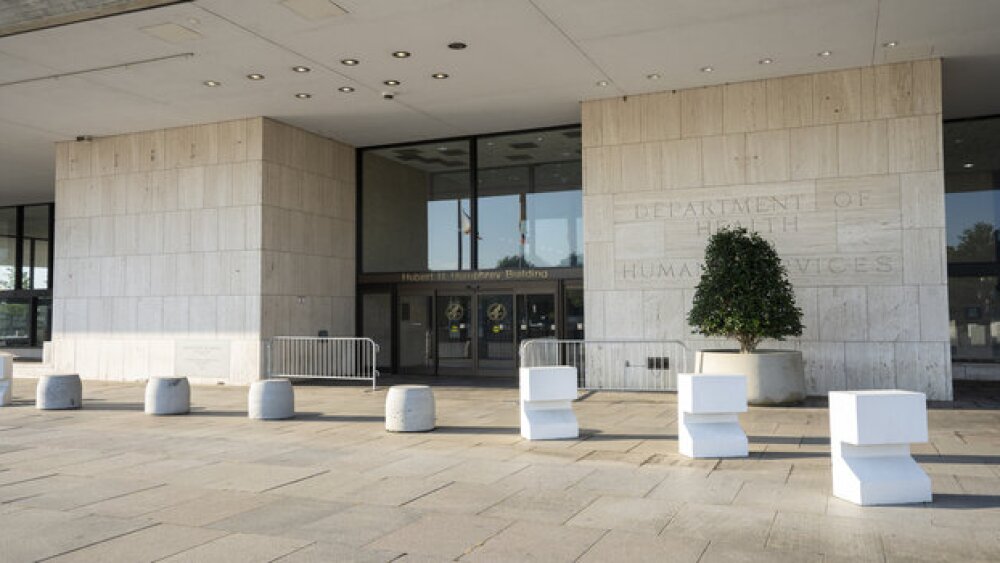The regulator’s Complete Response Letter flagged problems at a third-party fill/finish site, which Regeneron says it has already addressed. The manufacturing facility is currently awaiting reinspection.
The FDA on Tuesday denied Regeneron Pharmaceuticals’ application for linvoseltamab as a treatment for patients with relapsed or refractory multiple myeloma who had progressed after at least three prior lines of therapy.
In a Complete Response Letter, the regulator pointed to problems at a third-party fill/finish site during a pre-approval inspection. Regeneron emphasized in its announcement that manufacturing was the “sole approvability issue” that the FDA raised. The agency did not cite concerns regarding linvoseltamab’s efficacy and safety data or Regeneron’s ongoing confirmatory study for the candidate, according to the company.
Regeneron said it has since worked with the third-party service provider to address the FDA’s concerns and the fill/finish site is now awaiting another inspection over the next few months.
Tuesday’s rejection did not come as a surprise to Regeneron. In its second-quarter 2024 business report earlier this month, company officials revealed to investors that the FDA had informed them of its site visit findings.
“While we now believe these findings have been resolved, a reinspection will be required, and therefore we anticipate any potential FDA approval for linvoseltamab is likely to be delayed beyond the Aug. 22 PDUFA date,” CEO Leonard Schleifer said during an investor call.
Linvoseltamab is an investigational bispecific antibody that targets the BCMA protein and CD3 antigen. This mechanism of action allows linvoseltamab to bridge malignant B cells and the cancer-killing T cells, boosting the body’s anti-cancer response.
Regeneron’s biologics license application for linvoseltamab is backed by data from the Phase I/II LINKER-MM1 trial, a pivotal dose-escalation and dose-expansion trial with more than 280 patients enrolled. In December 2023, the company released data from the study touting a 71% objective response rate after 11 months of treatment, with almost half of patients reaching complete response or better.
However, linvoseltamab’s promising efficacy was marred by high rates of safety issues. The December 2023 readout showed that all 117 patients treated with the 200-mg dose of the bispecific antibody developed an adverse event, 85% of which were grade 3 or worse in severity. Fourteen patients died due to treatment-emergent adverse events.
In June 2024, Regeneron posted updated data from LINKER-MM1, which validated linvoseltamab’s high response rate and additionally showed good overall and progression-free survival.
Alongside LINKER-MM1, Regeneron is also running the Phase III confirmatory study LINKER-MM3, which is designed to assess the clinical benefit of linvoseltamab in heavily pretreated patients with relapsed or refractory multiple myeloma. According to its clinicaltrials.gov page, LINKER-MM3 is expected to be completed in 2032.






